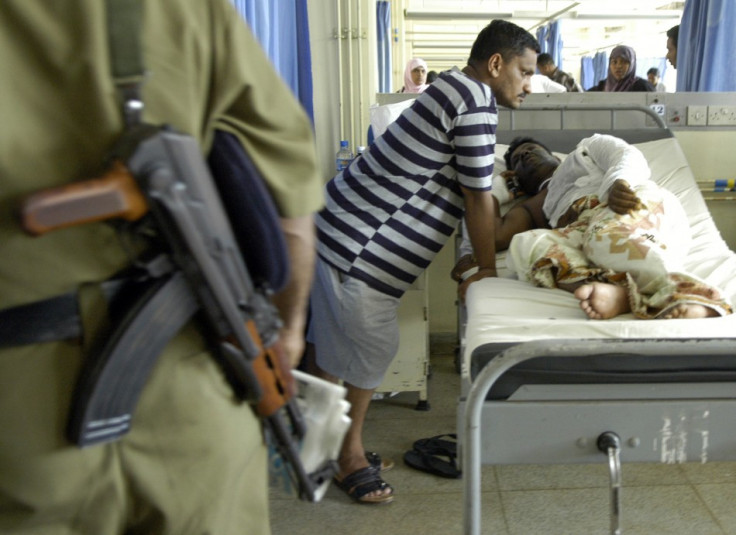Channel 4 "Sri Lanka Killing Fields": a documentary with a lot of ramifications?

Even before the diffusion of its documentary "Killing Fields of Sri Lanka', Channel 4 insisted the film would shed a new light in terms of ground-breaking evidence regarding the incidents related to the end of the war in Sri Lanka in 2009. However two days after the documentary first aired, it appears that the film has had different impact on different factions of the public.
In the UK, reviews insisted in the horrendous graphic evidences of the massacre of civilians and the debate on whether the Sri Lankan government or the UN should launch an investigation following allegations of war crimes.
The documentary instantly put back Sri Lanka on the map, at a time where the public had it seems, forgotten all about the sufferance in Sri Lanka to focus on the Arab spring in Africa and the Middle East.
Sadly, it appears that one can only be outraged by atrocities if images are served as an accompaniment. Noticing that the Sri Lanka civil war issue was now once again mobilising the public British Prime minister David Cameron and Foreign Office minister Alistair Burt jumped in the wagon and warned the Sri Lankan authorities that something needed to be done.
Since then Ban Ki Moon, the UN Secretary General, has maintained that the organisation will not launch an investigation without the island's government's consent.
Meanwhile, yesterday the Sri Lankan High Commission was forced to issue a statement accounting for the government's position : "The government of Sri Lanka is concerned about the distress the images in the Channel 4 film aired without any guarantee of their authenticity might have caused to the viewers, particularly to those belonging to different communities in Sri Lanka.
"This is an exercise which is carried out by a small section of international media at the behest of certain parties with vested interests and it caters only to the interests of separatist forces living outside Sri Lanka, the final objective of which is to push Sri Lanka back to war, by way of lacerating the wounds that the country is attempting to heal.
"The Channel 4 film has the potential to incite hatred amongst different communities in Sri Lanka, including future generations, and thereby adversely affect the on-going national reconciliation process.
"The malicious allegations in the film regarding the conduct of the Sri Lankan army are in striking contrast to the standards maintained by the Sri Lankan army."
Unsurprisingly then, it seems that the Sri Lankan authorities will continue to discredit the documentary and any other potential evidences. The worrying factor however is when they talk about the "certain parties with vested interest". Are they implying that the pro Liberation Tigers of Tamil Eelam (LTTE) lobby has teamed up with some of the media to re-launch the debate? If so, they will undoubtedly seize the opportunity to posit themselves as just the victims of an external conspiracy-theory and try to gain the sympathy of their partisans.
On the other side, for the pro LTTE lobby, which has a large base of supporters in the UK, US and Canada, the documentary and the British response is likely to be understood as an acknowledgement of their claims regarding the Government and its conduct of the war. Even if the film showcased atrocities committed by both parts, the media have until now been quite supportive of the Tamil Tigers, which is surprising when the organisation has been listed as a terrorist organisation in the UK since 2000.
There is clearly no justification for any type of abuses and more than 70,000 were killed as a result of the war. If justice needs to be done, it first needs to be initiated by and for the ordinary people in Sri Lanka who have to live with the consequences.
While the documentary has led the debate to once again focus on the need for an investigation, the real questions once again fade in the background. It seems it would be more useful for the Sri Lankan society to first focus on how the country can learn from the mistakes of the past that side-lined the minorities and caused the deaths of thousands of civilians? Or again, how can Sri Lanka, after more than sixty years of independence, develop a constitutional framework that will satisfy the aspirations of all its citizens and deliver an environment where accountability, transparency, peace, justice and harmony can cohabitate?
© Copyright IBTimes 2025. All rights reserved.





















